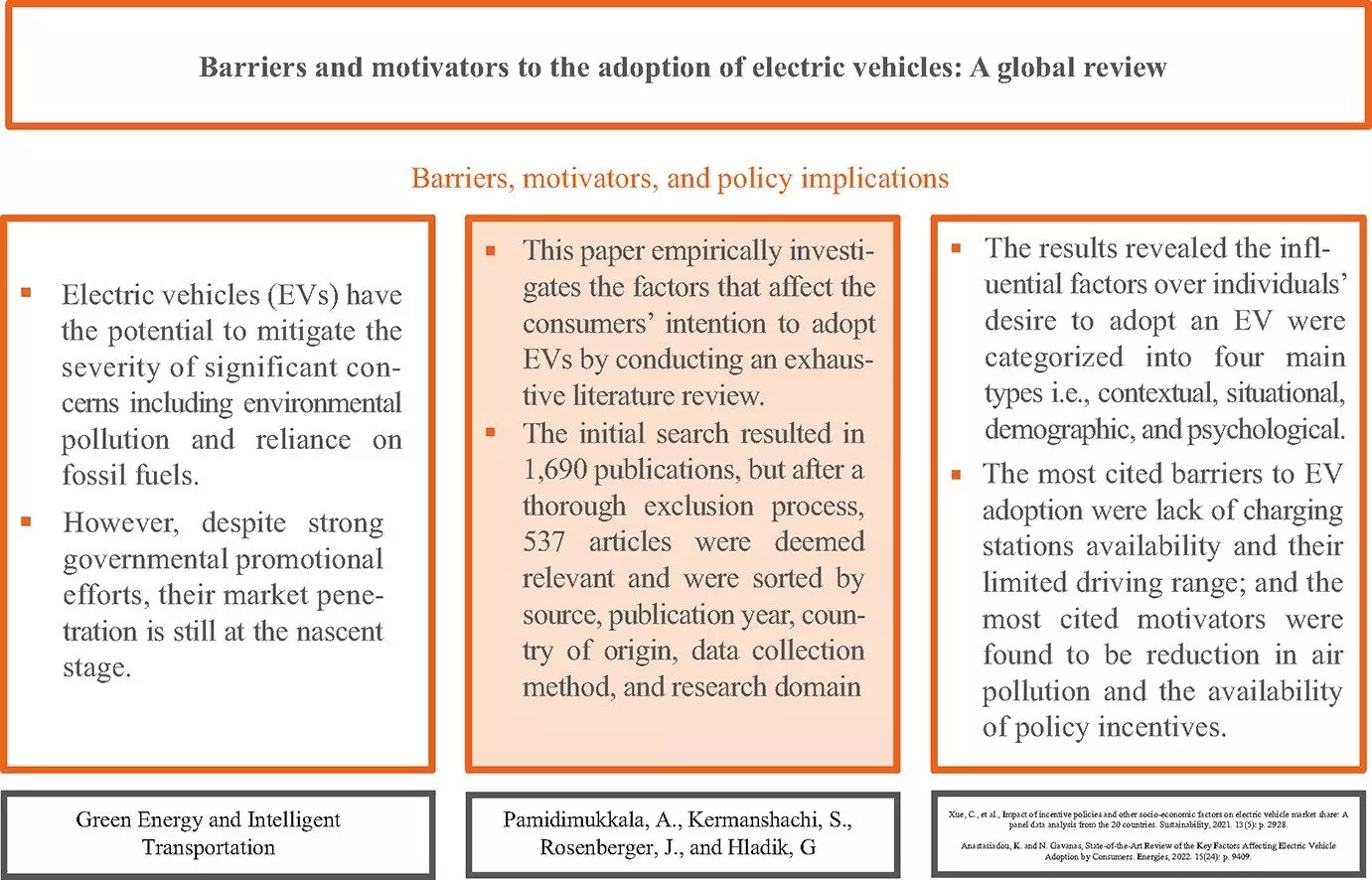In today’s rapidly changing automotive industry, electric vehicles (EVs) are taking center stage in the worldwide movement towards more sustainable transportation options. The appeal of EVs lies in their ability to combat pressing environmental issues such as air pollution and the reliance on fossil fuels. As the global community grapples with the challenges of climate change and environmental degradation, electric vehicles offer a promising solution by significantly reducing greenhouse gas emissions associated with traditional automobiles.
Despite their environmental benefits, electric vehicles face significant obstacles that hinder widespread adoption. The high cost of EVs, concerns about charging infrastructure, and limited driving range are key barriers that deter many consumers from making the switch. The scarcity of charging stations and long charging times remain major pain points for potential EV buyers. These challenges underscore the fact that the electric vehicle market is still in its early stages, despite the support from governments and various incentives.
A comprehensive study synthesized data from over 500 sources to identify four main categories that influence consumer intentions towards electric vehicle adoption: contextual, situational, demographic, and psychological factors. Each category plays a significant role in shaping consumer attitudes and decisions. Situational factors, such as the availability of charging infrastructure and actual cost savings, impact practical considerations. Psychological factors, like environmental consciousness and the appeal of cutting-edge technology, drive emotional and ethical reasons for choosing EVs.
Governing Strategies for Promoting EV Adoption
Governments and policymakers are encouraged to take a multi-faceted approach to promoting electric vehicle adoption. Incentives such as tax rebates, subsidies for electric cars, and investments in charging infrastructure can help address practical barriers to adoption. Educational campaigns that emphasize the long-term benefits of EVs can shift public perception and create a more robust market for electric vehicles. Additionally, there is a demographic trend that shows younger and middle-aged consumers, especially males with higher education and income levels, are more inclined towards purchasing EVs. This demographic group could play a crucial role in driving future trends in the electric vehicle market.
While the journey towards widespread electric vehicle adoption is filled with challenges, the potential environmental and economic benefits make it a worthwhile endeavor. Through strategic policy interventions and ongoing technological advancements, electric vehicles have the power to transform the automotive industry, leading to a more sustainable and efficient future. As the world transitions towards greener technologies, understanding and addressing the various motivators and barriers highlighted in this study will be essential for accelerating the adoption of electric vehicles on a global scale.


Leave a Reply